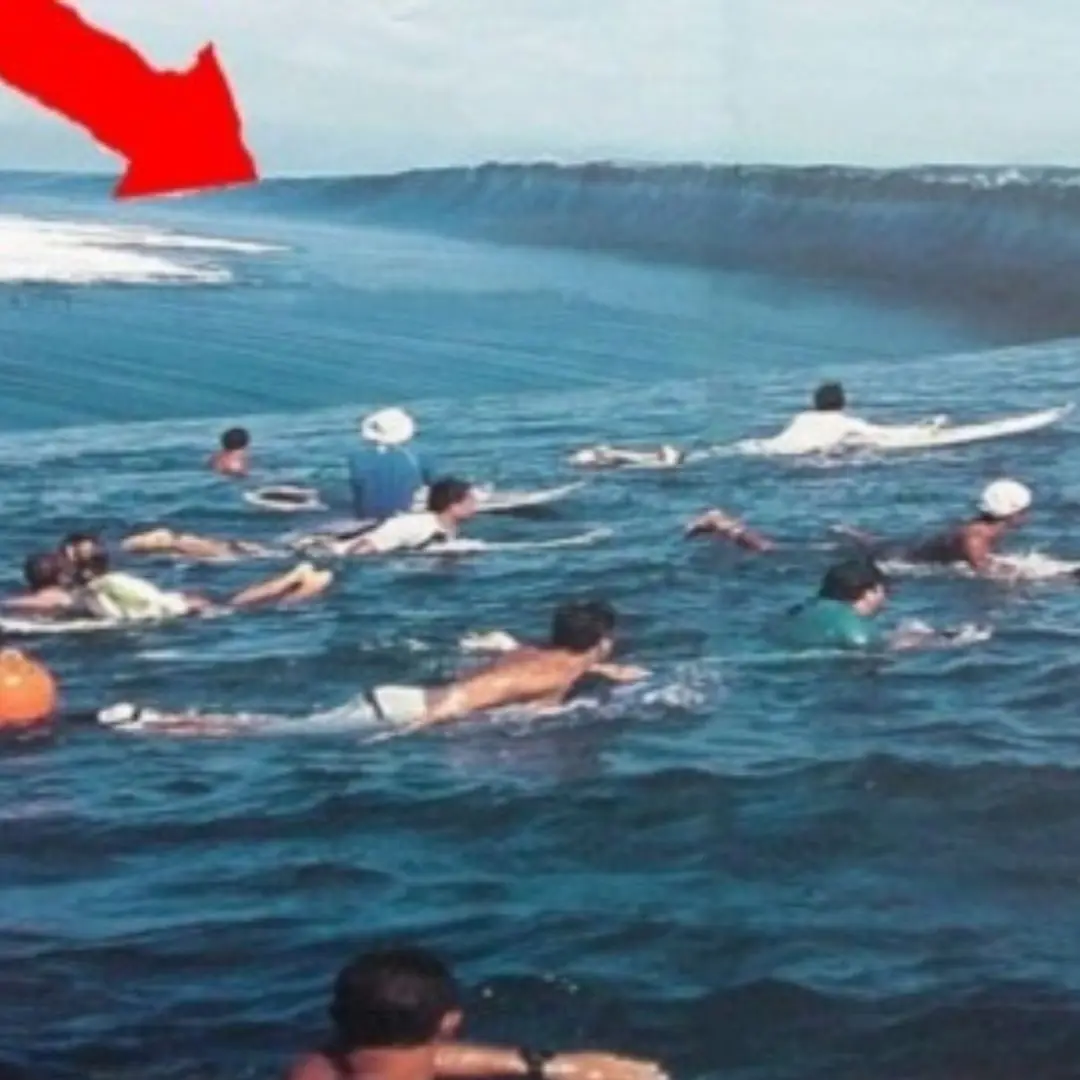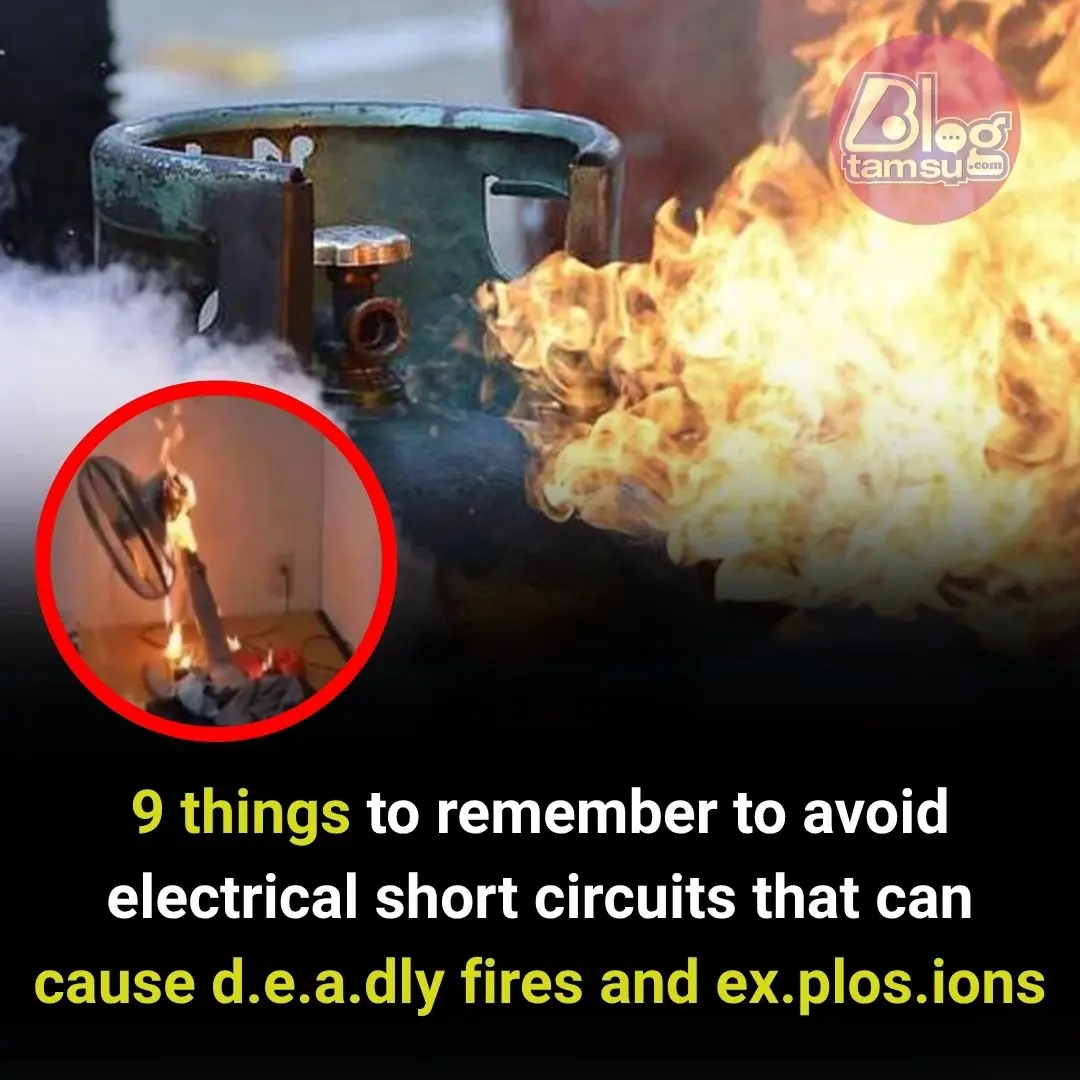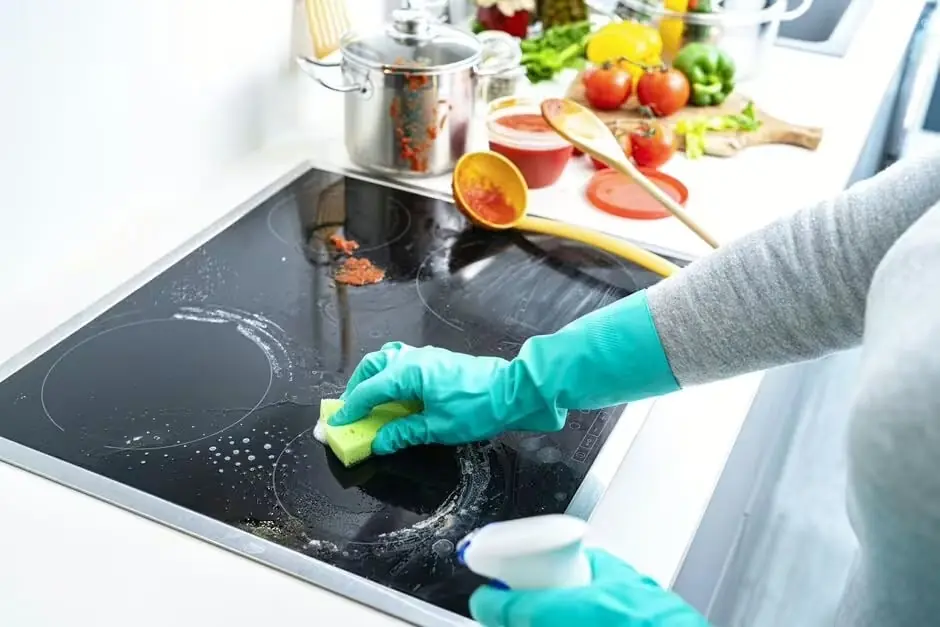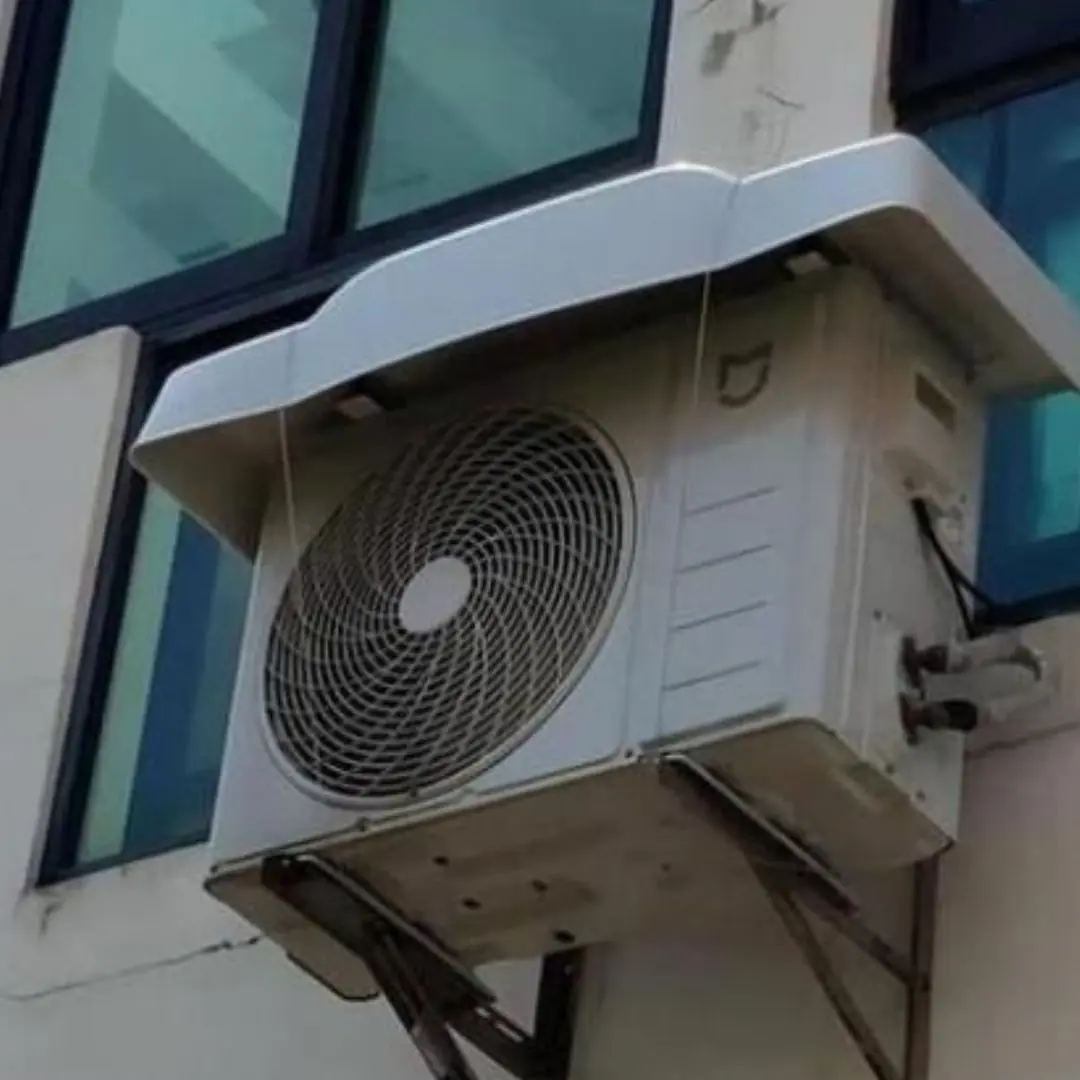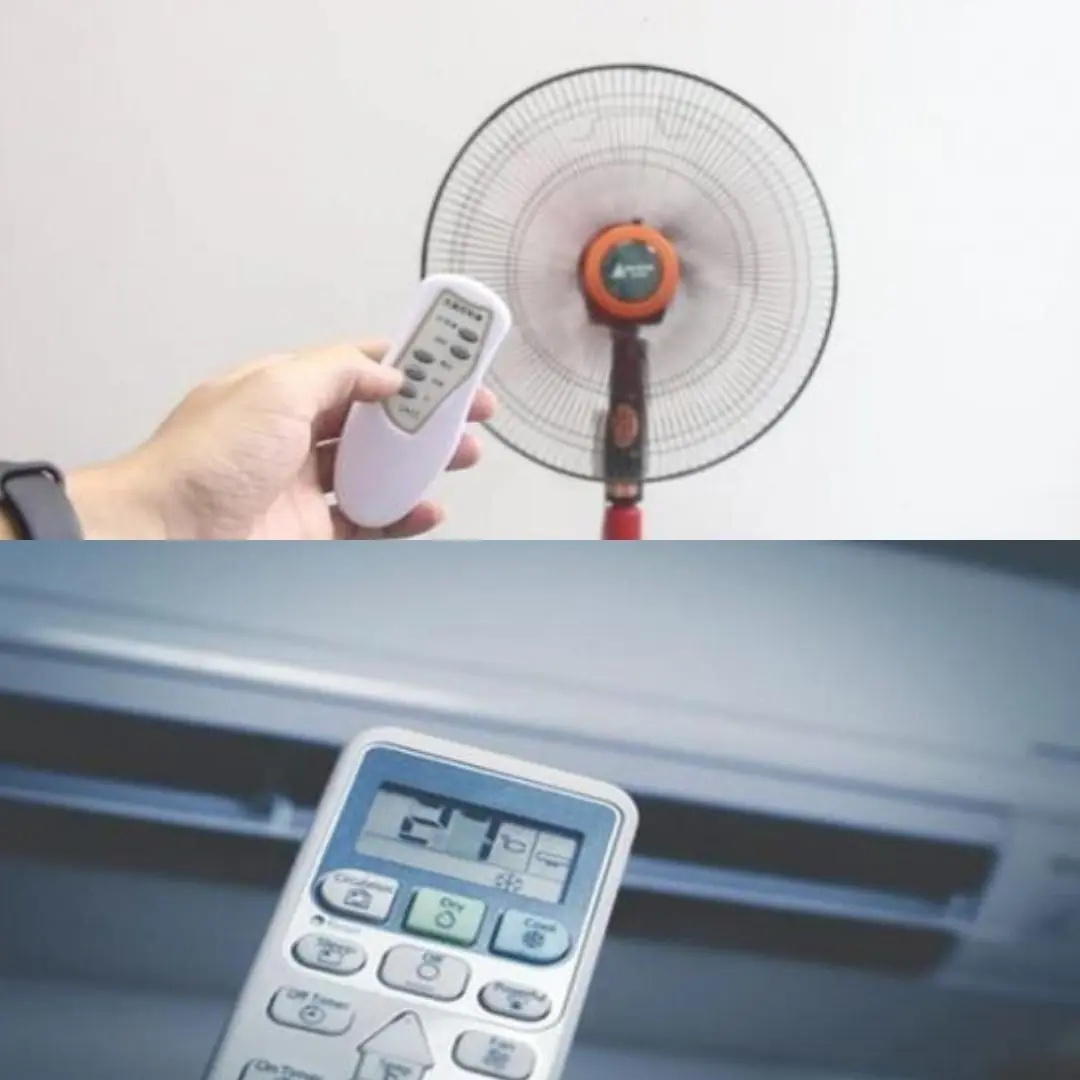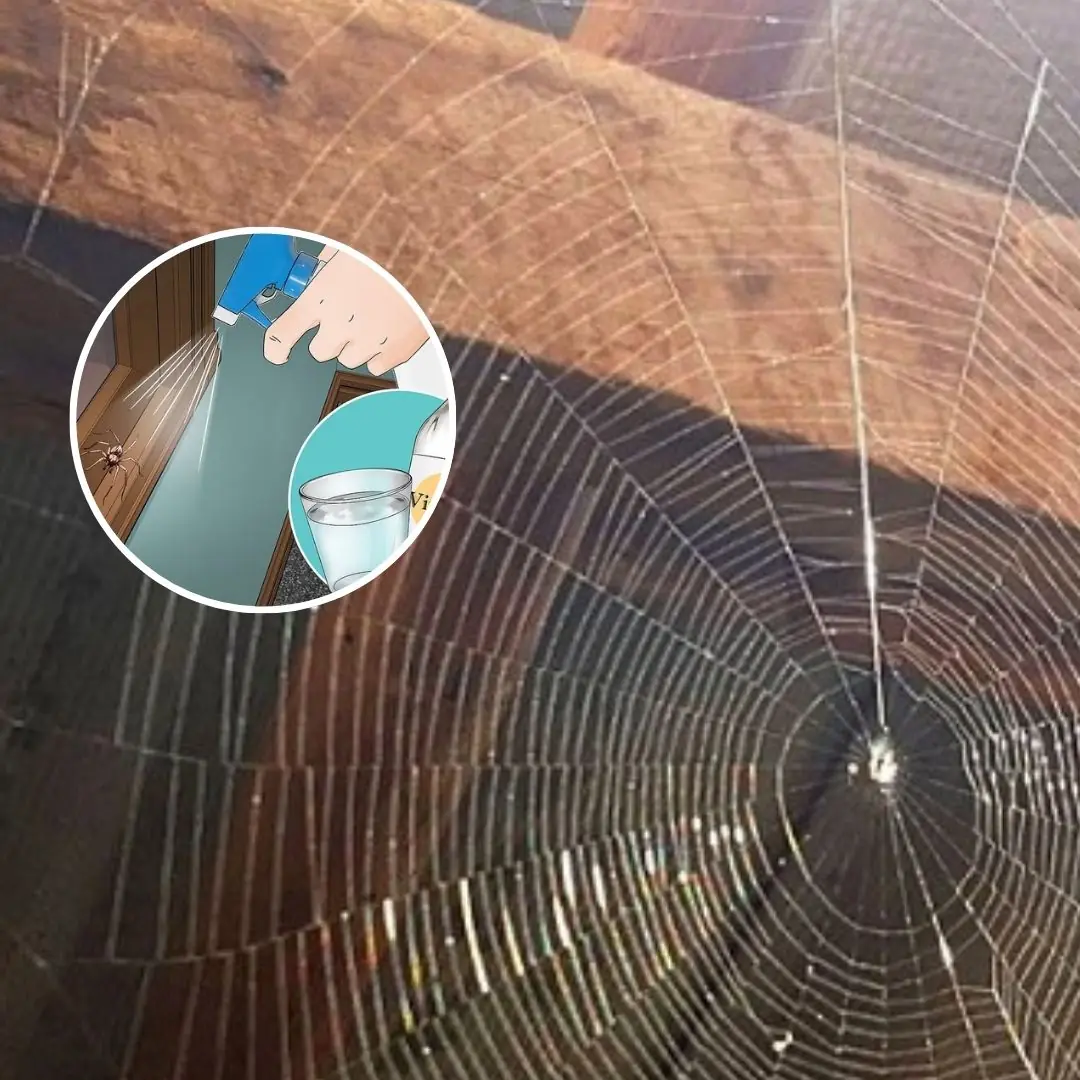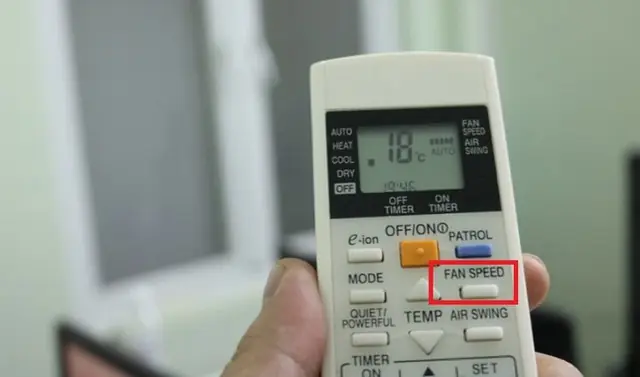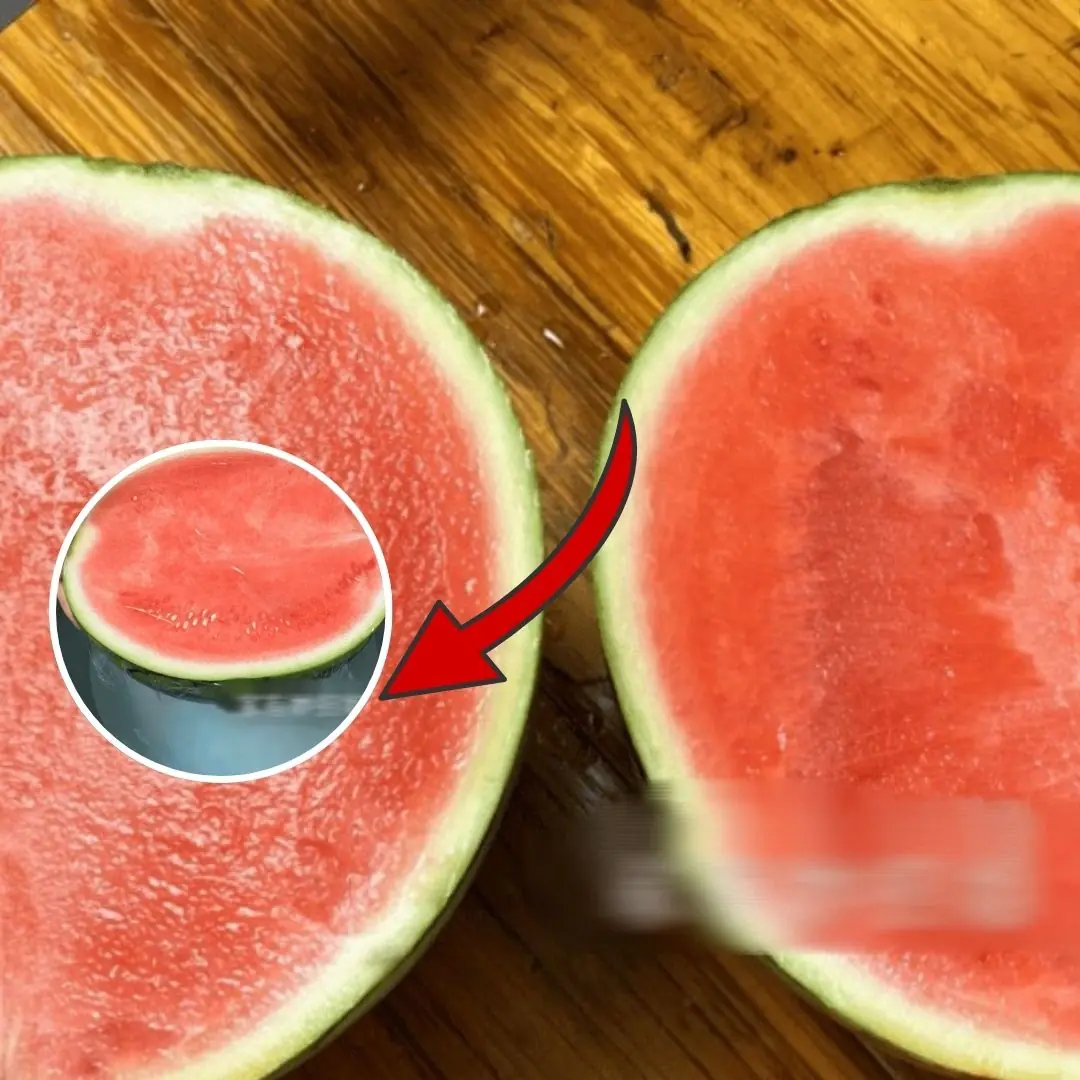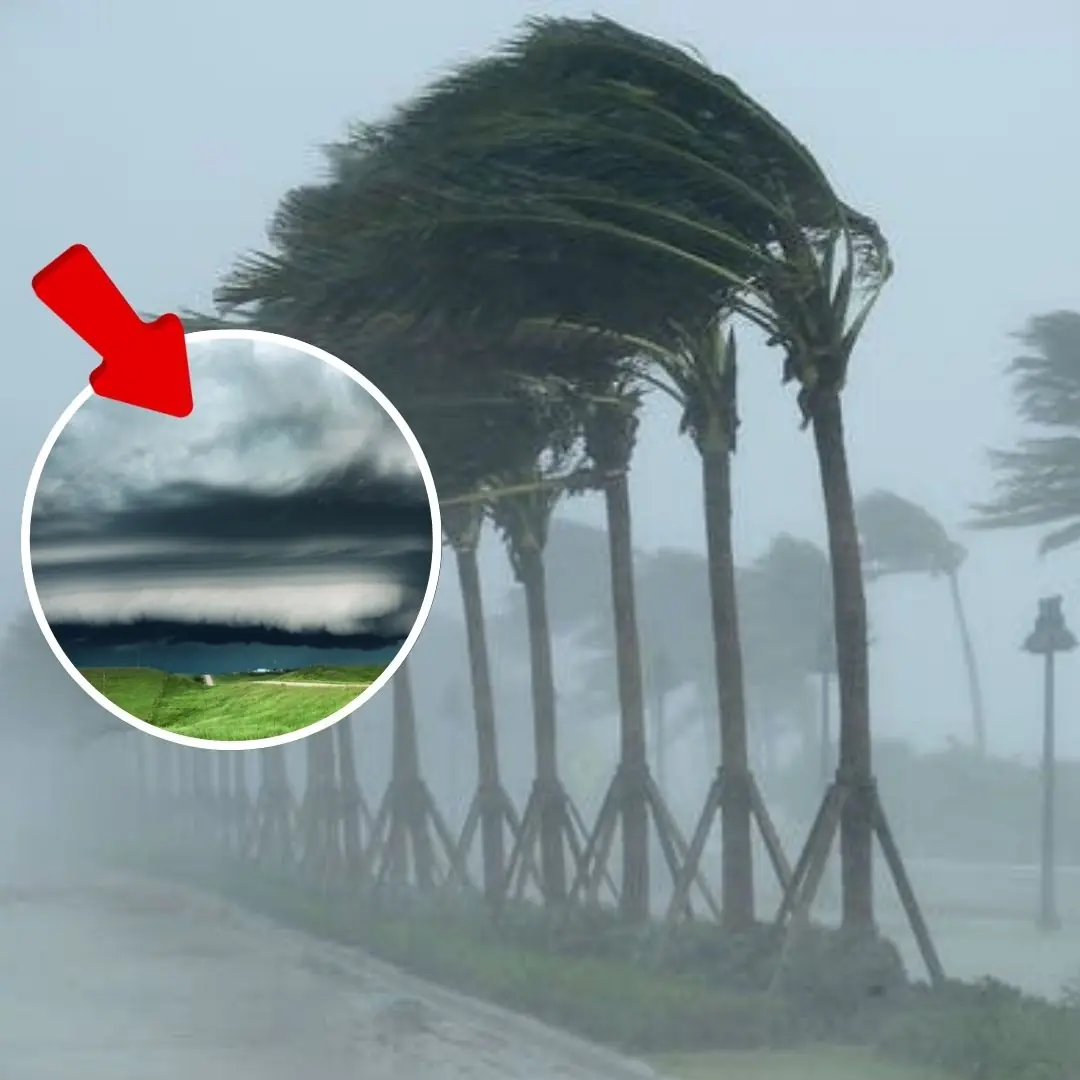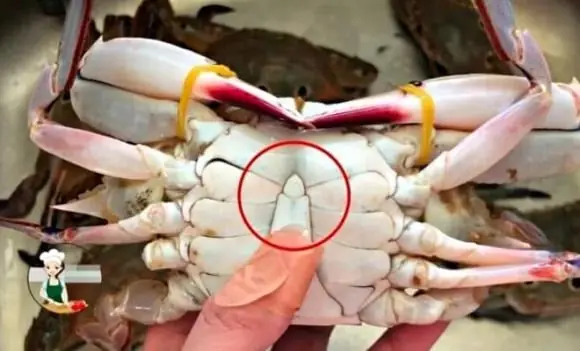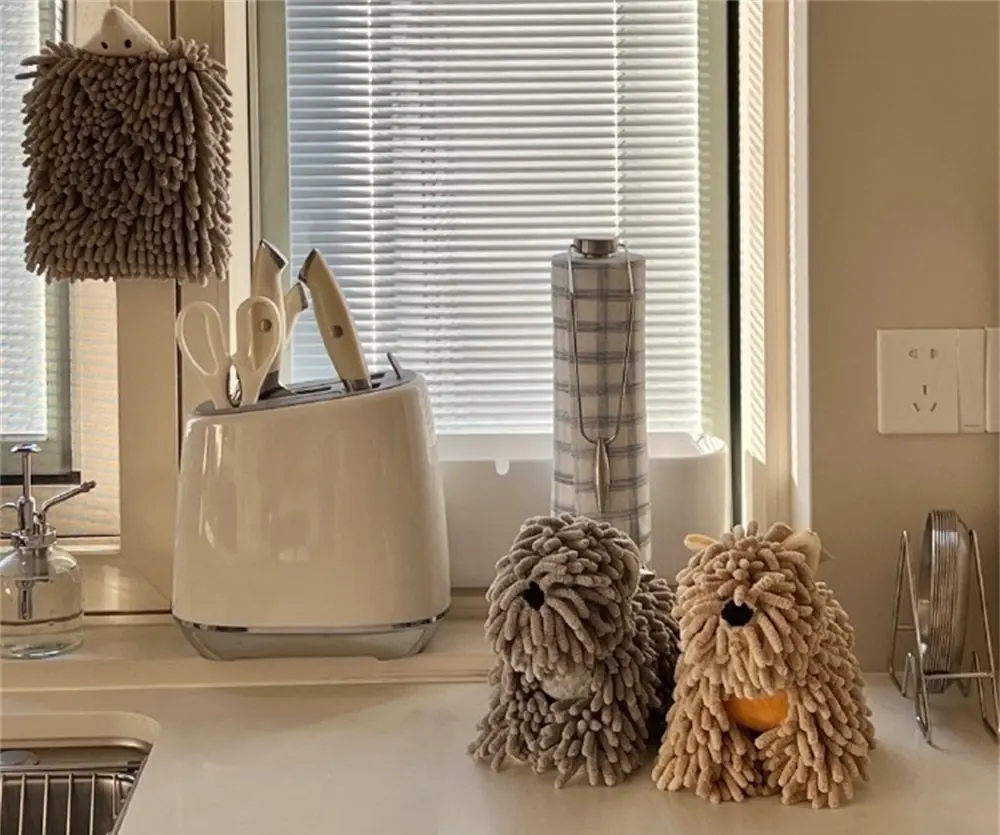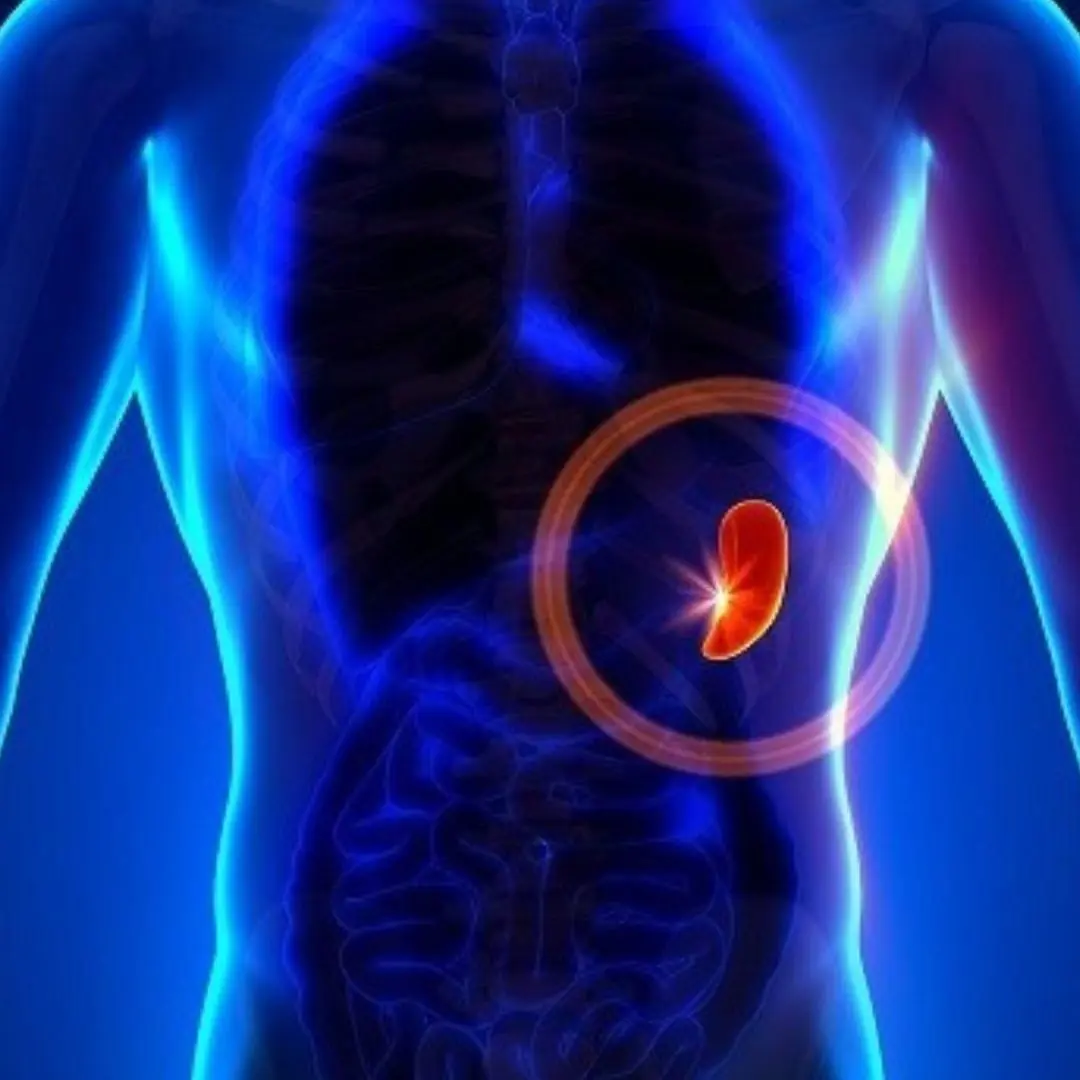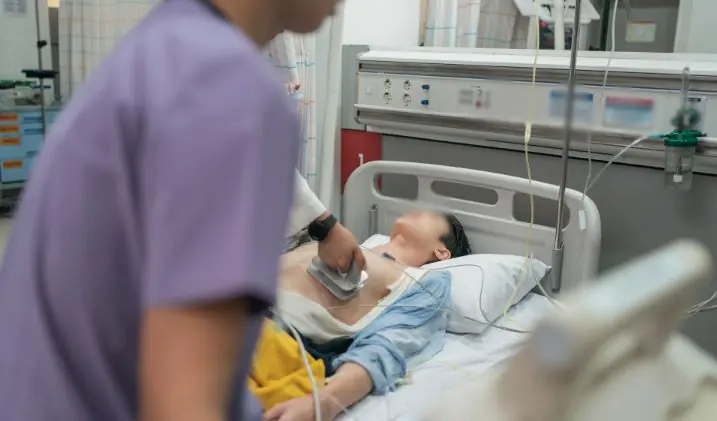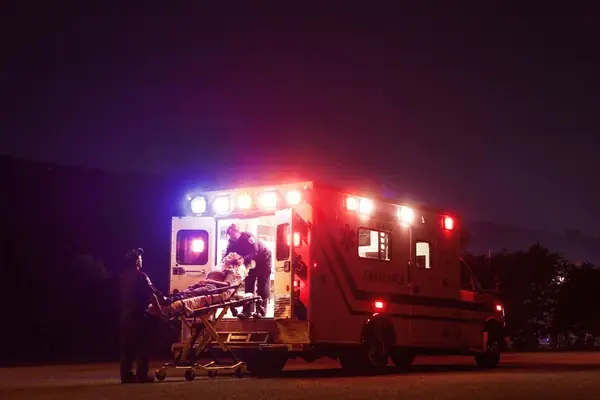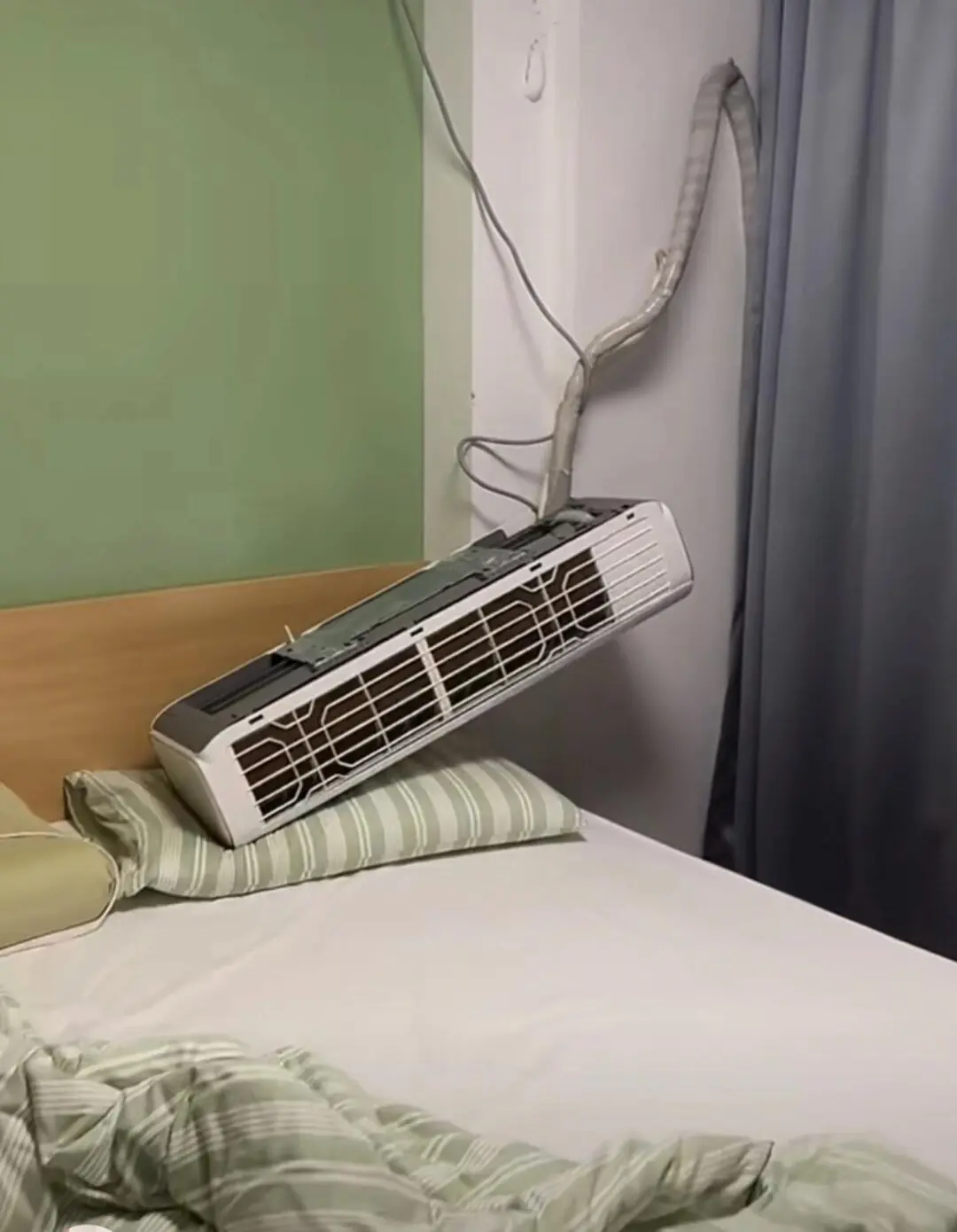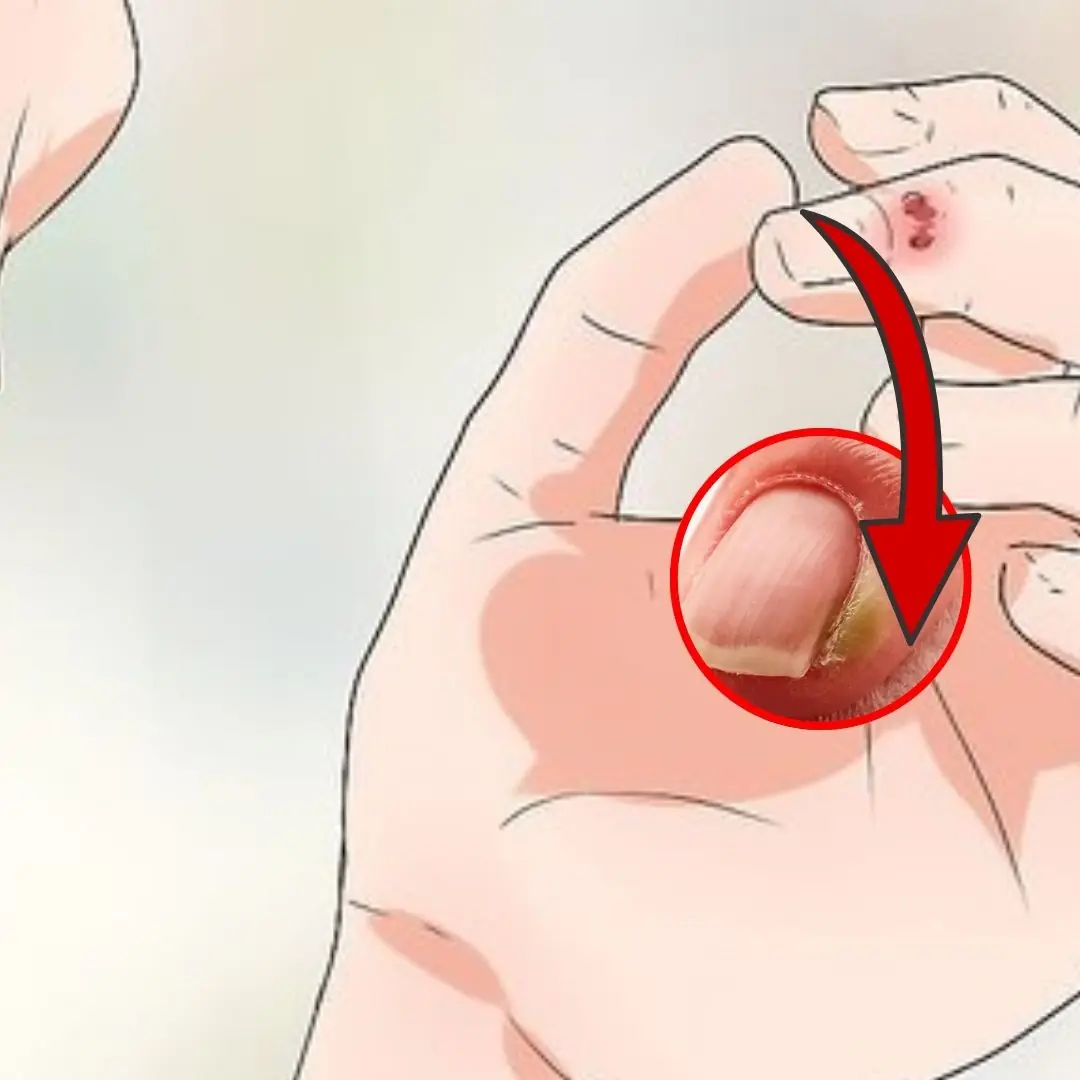Design installation must be calculatedFrom the beginning of the design installation, the cross-section of the conductor must be calculated and selected so that it is capable of carrying the current to the power consuming devices it supplies.
The connection points to the branch circuit at the two ends of the hot and source wires must not overlap, when the tape wrapping of the wire connection points is dry and burnt, it must be checked immediately and the connection points must be tightened.
The conductors, fuses, and circuit breakers must not be rusted, if rusted, the rusted place is the place where the heat is generated and can easily catch fire when overloaded, and must be replaced.
Overlapping the conductors can easily lead to the risk of fire and explosion
The fuse wire must meet the standardCheck the installation of the main circuit breaker or circuit breaker for the main power line in the house and for each sub-power line, each room and each high-capacity electrical device. Protective devices must be placed in front of each electrical outlet, the fuse wire must meet the standards and be suitable for the capacity used, ensuring that when an electrical short circuit occurs, the fuse wire must explode, cutting off the power source immediately.
Do not use aluminum foil or other unsuitable metal wires to replace damaged fuse wires, circuit breakers, and circuit breakers. Install a voltage stabilizer to avoid fire and explosion due to overcurrent or overvoltage.
Turn off all electrical equipment when leaving the houseBefore leaving the house, turn off all consuming devices, electrical appliances, and before going to bed, check equipment and appliances such as lights and fans. Turn off the power to unnecessary devices.
Do not use water to extinguish fires before cutting off the powerWhen a fire occurs due to electricity, quickly turn off the main circuit breaker, notify everyone around, report to the Fire Police and use on-site fire fighting equipment to extinguish the fire.
Do not use water to extinguish fires before cutting off the power. Each household should be equipped with 1 to 2 portable fire extinguishers using gas to extinguish electrical fires when they first occur.
 Regularly check electrical connections
Regularly check electrical connectionsRegularly check the connections of the electrical system (switches, sockets, junction boxes, connections on the line). If there is a spark, they must be separated from the power source and repaired or reported to an electrician for repair.
For electrical equipment such as cars, motorbikes, etc., when brought into the garage or house for overnight storage, the electrical equipment should be turned off and the key removed from the socket to prevent short circuits and fires.
Do not place flammable substances near electrical equipmentLighting equipment must be installed on specialized hangers, not hung directly by wires. Do not use combustible materials such as cotton, cloth, etc. to cover light bulbs.
Do not place flammable substances (gas, gasoline, oil, paper, etc.) near electrical equipment and appliances (lamps, irons, electric stoves, electrical outlets, electrical panels, etc.). Do not install electrical outlets in toilets or bathrooms.
Cooking and using electricity must be supervised by someoneTo limit the risk of fire when using equipment such as irons, electric stoves, and electric resistance heating devices, someone must be supervised or the devices must be equipped with an alarm system.
Do not let children, the elderly, or people with poor eyesight, or people with mental illness, etc. use electrical equipment or appliances in the house.
Do not hang clothes on electric wiresDo not hang clothes, scarves, hats, or pictures on electric wires and electrical panels. Do not plug the wire directly into the socket. Do not use nails or steel wire to tie the wire because the contact point will be corroded. Do not thread the wire through thatched roofs, corrugated iron roofs, or connect the wire arbitrarily, or leave the wire joints exposed.
Repair and replace electrical equipment oldOld electrical appliances and equipment in the house must be checked regularly for repair or replacement. Regularly maintain and clean electrical appliances.
When there is no need to use electrical appliances anymore or when using them and there is a power outage, immediately disconnect electrical appliances from the power source such as irons, heaters, electric stoves, etc. They must be placed on non-flammable materials and in the right place.
